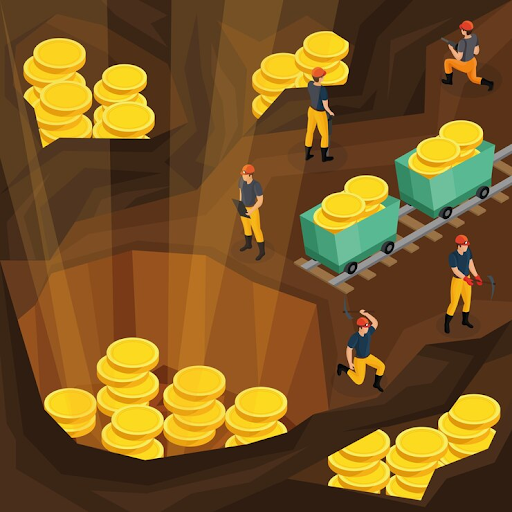Coin collection is a hobby or financial pursuit. It has gained popularity recently due to the economic implications of bullion and numismatic values. Collectors can seek appraisal services to determine current coin value or contact gold and rare coin companies for sale.
Bullion value refers to the metal content, with higher gold and silver content being more valuable. The coin’s rarity and condition determine numismatic value. It is influenced by aesthetic appeal, historical significance, or potential appreciation.
We will explore whether investing in rare coins is good or bad.
Pros of Investment in Rare Coins
Metal content
Some collectors are drawn to antique coins because of their metal content. Even though it can be difficult, collecting ancient coins can be quite rewarding because they are 50–90% silver or gold.
Regretfully, most coins that are struck nowadays contain very few of these priceless metals.
Understanding antique coins’ historical and inherent value is critical for rare coin buyer , as they offer a tangible connection to history and substantial value.
Diversification
Diversification is the best approach to disperse risk while investing. You can utilize rare coins and precious metals in your investing portfolio as an inflation hedge. Their value can rise amid inflation since they are immune to market fluctuations.
Many storages option
To protect your coins, consider safety, appearance, and cost. Options include folders, albums, single coin holders, rigid plastic holders, and flips.
Use folders and albums for raw coins, while hard-plastic holders offer tighter seals.
Flips are flexible and come in two pouches. Keep in mind the potential effects of air, moisture, and fingerprints.
Maintaining coin integrity is critical for rare coin collectors, as it helps preserve their value over time by stopping damage from air, moisture, and fingerprints.
These preservation coins protect their investment potential but also enhance financial stability, which is especially helpful for those pursuing credit repair.
Personal pleasure
It always makes you feel good to locate a rare coin you have been looking for a long time. Some people may find it interesting and enlightening to learn about the politics, society, culture, and history that accompany their findings.
Coins have historical value and are rare, but they are also visually appealing due to their exquisite designs and artistry.
Cons of Investing in Coins
Risk Of Theft
Valuable assets are vulnerable to theft, just like any other investment. For instance, coins can be misplaced or stolen. Therefore, taking precautions against theft is critical, such as keeping coins in a safe or purchasing security equipment.
High Investment Costs
Sometimes, the initial cost of purchasing coins can be high. For example, the price of a bullion coin may range from several hundred to thousands of dollars.
In addition, you may need to buy coin albums, display cases, or magnifying glasses to store your coins securely.
If a coin is rare and in excellent condition, numismatic coins may fetch enormous prices. These coins can cost several thousand dollars because of their shape and rarity.
Market fluctuations
The current value of the coin’s metal contents, such as gold, silver, and platinum, may impact its worth. As with any investment, the collection’s diversity is essential to minimizing this risk and optimizing your returns.
A variety of half cents, large cents, dimes, quarters, half dollars, and silver dollars should be included in your collection.
Time-intensive work
Getting the perfect coin to add to your collection takes a lot of effort because it needs to be tracked down and researched. In addition, attending trade shows and coin auctions could require some time.










